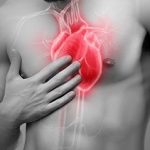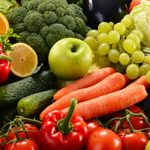
A widely used class of antibiotics has been linked to an increased risk of a potentially fatal blood vessel condition — even in younger, healthy people. In a study of millions of antibiotic prescriptions made in the United States, researchers found that one class was associated with a small increase in the risk of aortic aneurysm. The drugs — called fluoroquinolones — have been a mainstay of antibiotic therapy for decades. They include medications such as Cipro (ciprofloxacin), Levaquin (levofloxacin) and Factive (gemifloxacin). Several previous studies have linked fluoroquinolones to a heightened risk of aortic aneurysm — a weakened area in the wall of the body’s largest artery. If that weakened tissue ruptures, it can cause fatal bleeding. Based on those earlier findings, the U.S. Food and Drug Administration issued a warning in 2018, saying people at high risk of aortic aneurysm should avoid fluoroquinolones. “High risk” included the elderly and people with high blood pressure or a history of blockages or aneurysms in any arteries. The new study, published Jan. 6 in JAMA Surgery, suggests a much broader swath of the population might want to be cautious. It found a link between fluoroquinolones and aortic aneurysm in all adults age 35 and up — including those without high blood pressure, diabetes or elevated cholesterol. “I’d personally like to see the FDA broaden its warning,”… read on > read on >






















-300x200.jpg)







-300x169.jpg)
